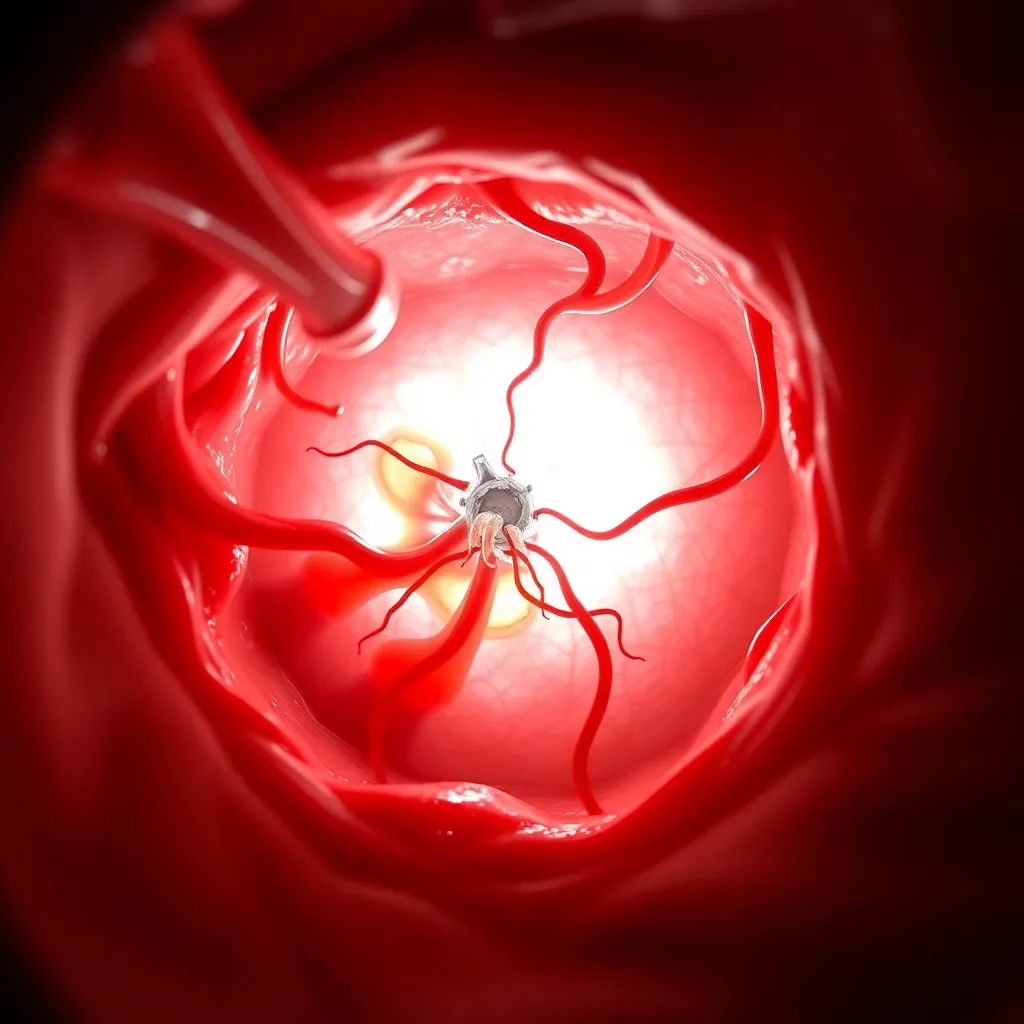
Kidney diseases can be challenging, and surgery like nephrectomy (removal of a kidney) is sometimes necessary. But did you know that this procedure can lead to acute kidney injury (AKI) in many patients? A new study has investigated the key factors that influence the risk of AKI after nephrectomy. The findings suggest that male patients who are overweight and have normal kidney function before the surgery are at a higher risk of developing AKI. Interestingly, the study also found significant differences in AKI risk across different underlying kidney conditions. Understanding these risk factors can help doctors better predict and manage AKI, leading to better outcomes for patients undergoing nephrectomy.
The Kidney’s Delicate Balance
The kidneys play a crucial role in our body, filtering waste and maintaining fluid balance. When one kidney is removed through a nephrectomy procedure, the remaining kidney often undergoes compensatory growth to take over the workload. However, this transition can be challenging, and some patients experience a sudden and temporary decline in kidney function, known as acute kidney injury (AKI).
Identifying the Risk Factors
In a recent study, researchers from the Affiliated Hospital of Qingdao University in China set out to investigate the key factors that influence the risk of AKI after nephrectomy. They analyzed data from 528 patients who underwent the procedure between 2013 and 2018.
The study found that male patients, those who were overweight, and those with normal kidney function before the surgery were at a higher risk of developing AKI. Interestingly, the researchers also observed significant differences in AKI risk among patients with different underlying kidney conditions.
The Surprising Role of Kidney Health
One of the most intriguing findings was the relationship between pre-existing kidney health and the risk of AKI. The researchers found that patients with non-functioning kidneys had a lower probability of developing AKI after the surgery, compared to those with normal or mildly impaired kidney function.
The researchers hypothesize that this is because patients with non-functioning kidneys have already undergone a period of compensatory growth in the remaining kidney, making it better prepared to handle the sudden loss of the other kidney. In contrast, patients with normal kidney function may not have this same level of adaptation, putting them at a higher risk of AKI.
Implications for Patient Care
These findings have important implications for the management of patients undergoing nephrectomy. By identifying high-risk groups, such as overweight men with normal kidney function, doctors can closely monitor these patients for signs of AKI and intervene early to prevent or manage the condition.
Moreover, the study suggests that the underlying kidney health of the patient may be a key factor in predicting the risk of AKI. This could help doctors tailor their approach and provide more personalized care for each patient.
Looking Ahead
The researchers acknowledge that their study was retrospective in nature, and they plan to conduct further prospective research to validate their findings. By deepening our understanding of the factors that influence AKI after nephrectomy, we can work towards improving patient outcomes and minimizing the risks associated with this important surgical procedure.
Author credit: This article is based on research by Yongchao Yan, Yunbo Liu, Bin Li, Shang Xu, Haotian Du, Xinning Wang.
For More Related Articles Click Here
